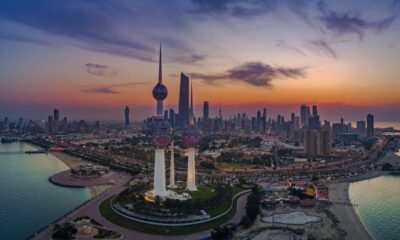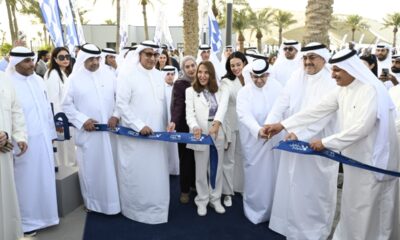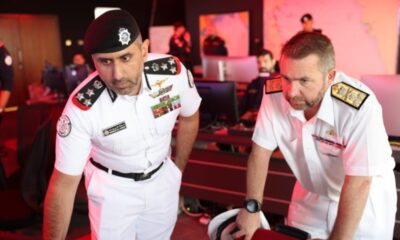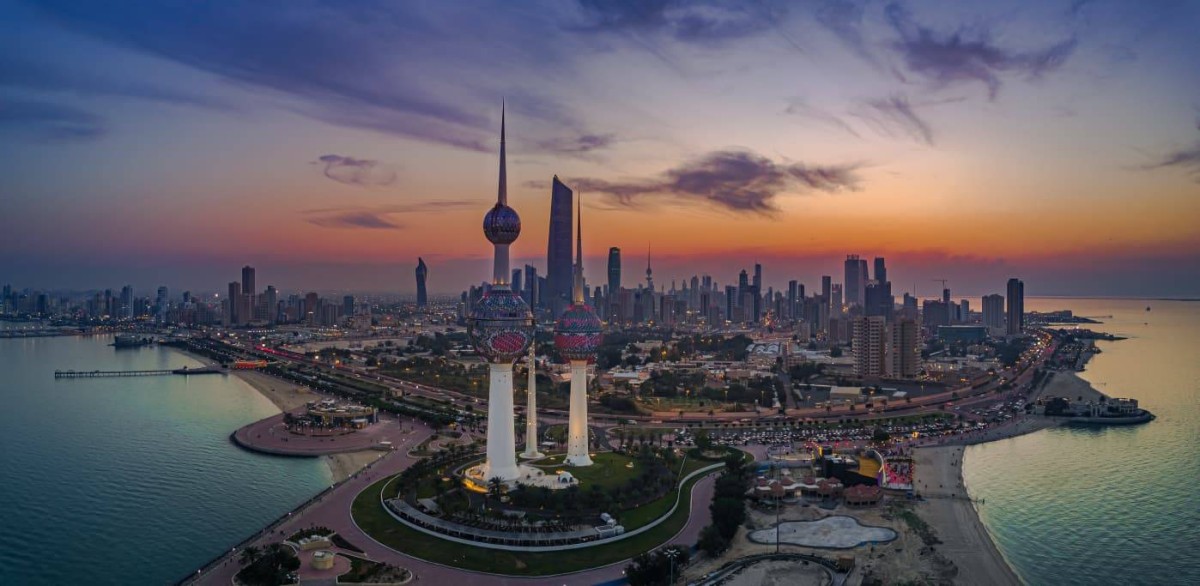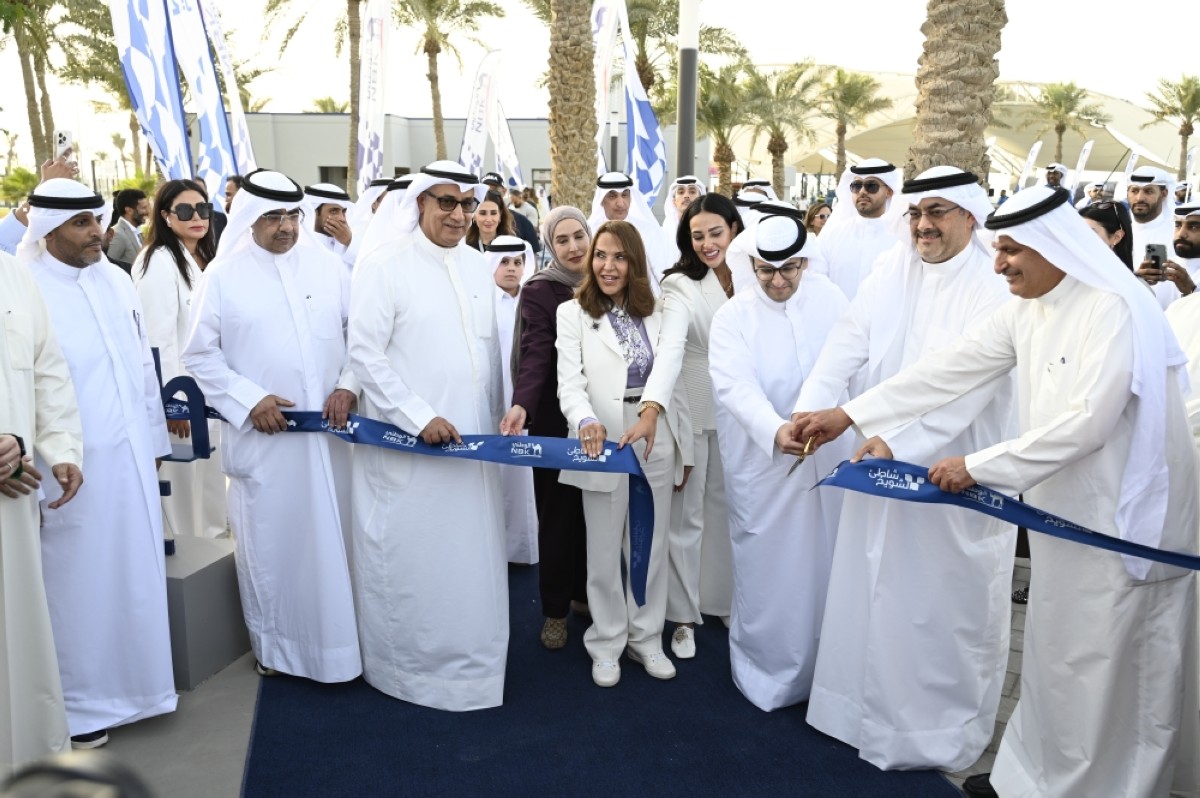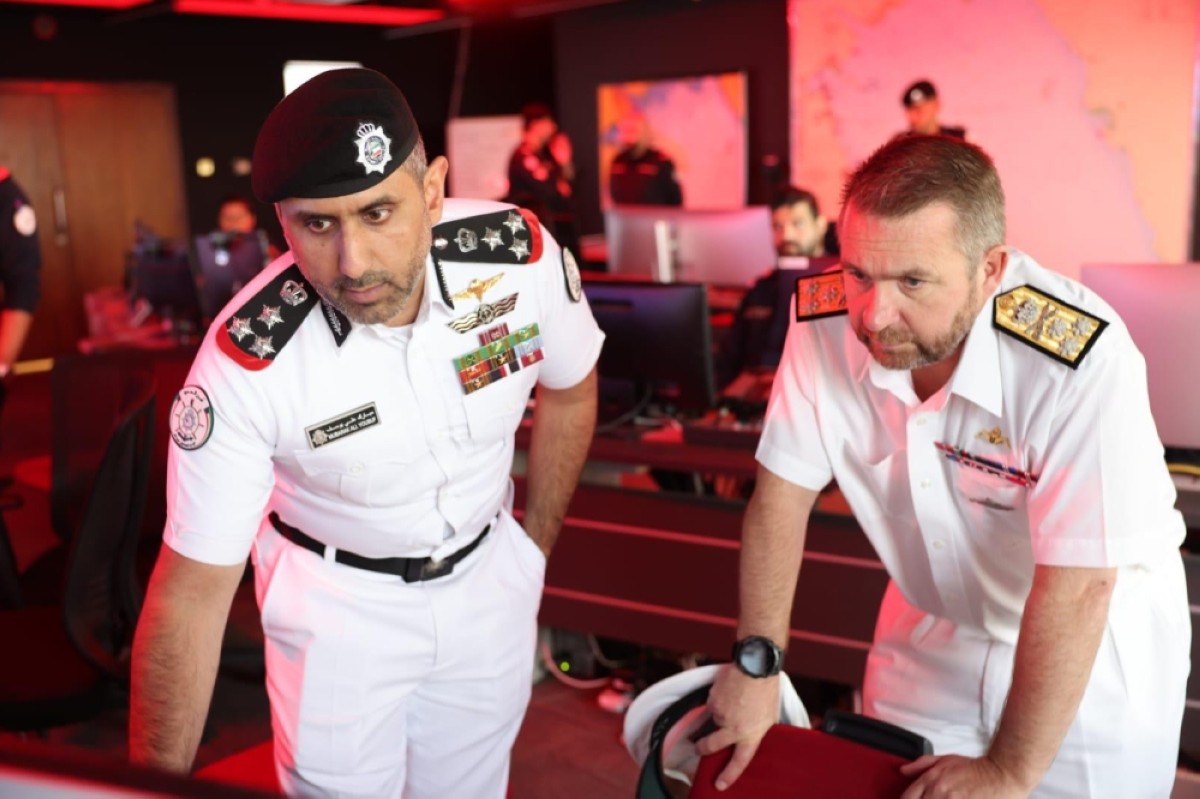KUWAIT: Human activities along Kuwait’s shores are key contributors to the red tide and fish deaths observed recently, alongside natural factors like rising water temperatures, the Environment Public Authority (EPA) said Friday. Following the circulation of images and videos on social media, EPA teams immediately visited the affected areas — including the shores of Ashairij, Doha, and Shuwaikh — to investigate.
Sheikha Al-Ibrahim, Director of Public Relations and Media at the EPA, told the Kuwait News Agency (KUNA) that field teams conducted comprehensive environmental surveys, taking field measurements and collecting water samples for laboratory analysis. Preliminary results identified the bloom of a specific type of phytoplankton as the immediate cause. This bloom depletes dissolved oxygen in the water and alters its color, leading to fish suffocation — a phenomenon that becomes more frequent at the start of summer due to the Arabian Gulf’s rising surface temperatures.
Scientists from the Kuwait Institute for Scientific Research have previously warned that red tide outbreaks are part of a larger pattern. In a research paper published in 2025, they note that the Arabian Gulf is one of the most heavily impacted marine environments in the world, suffering from pollution caused by rapid urban development, industrial expansion, desalination plants, and busy oil shipping routes. These pressures have made the Gulf’s coastal waters especially vulnerable to harmful algal blooms (HABs), which have grown more frequent and severe in recent decades.
Al-Ibrahim pointed out that the discoloration of coastal waters, particularly near stormwater outlets, is closely linked to human activities. She added that human activities along the shore degrade water quality, creating conditions that directly or indirectly fuel red tide outbreaks and marine die-offs. She urged citizens, residents, fishermen, and sea-goers to report any sightings of fish deaths along Kuwait’s coastlines or territorial waters to the EPA for immediate action. Al-Ibrahim stressed that the EPA will intensify its field surveys over the coming days, especially around Kuwait Bay, to monitor environmental conditions and safeguard marine life. She emphasized the need for community cooperation in preserving the health of Kuwait’s marine ecosystems. — Agencies
Could dust storms be fueling red tide?
By Nebal Snan
A recent study has found that rising temperatures and dust storms are combining to trigger harmful algal blooms (HABs) in the Arabian Gulf — posing serious threats to marine life in Kuwait. Researchers from the Kuwait Institute for Scientific Research focused on Chattonella marina, a toxic phytoflagellate (a type of microscopic algae), which was linked to a major fish kill in 2021. Their findings point to potentially one of the main drivers behind the outbreak: A severe dust storm two months before the bloom, which delivered large amounts of nutrients into coastal waters.
The Arabian Gulf is already considered one of the most environmentally stressed seas in the world, pressured by rapid urbanization, industrial development, desalination, and heavy oil shipping traffic. These combined impacts have made the region’s waters increasingly vulnerable to HABs, which are becoming more frequent and intense.
The study also highlights that dust storms may play a far larger role in fueling algal blooms than previously understood. Northern Gulf waters, including those around Kuwait, experience about five times more dust storms than southern areas. These storms deposit mineral nutrients into the sea, stimulating algae growth combined with climate stressors like rising sea temperatures, which lead to lower oxygen levels in the water, thereby suffocating the fish. For instance, researchers observed that after a major dust storm, certain phytoplankton populations surged and remained elevated for up to two weeks.
Scientists warn that dust storms, which are common in the region, may have long-term effects on marine life by fueling these harmful algae outbreaks. Understanding how human activities and natural events interact is crucial for protecting the Gulf’s fragile coastal ecosystems and sustaining its marine life.


 Latest News24 hours ago
Latest News24 hours ago
 Business17 hours ago
Business17 hours ago
 Politics10 hours ago
Politics10 hours ago
 Latest News15 hours ago
Latest News15 hours ago
 Latest News17 hours ago
Latest News17 hours ago
 Latest News8 hours ago
Latest News8 hours ago
 Politics7 hours ago
Politics7 hours ago
 Latest News7 hours ago
Latest News7 hours ago

